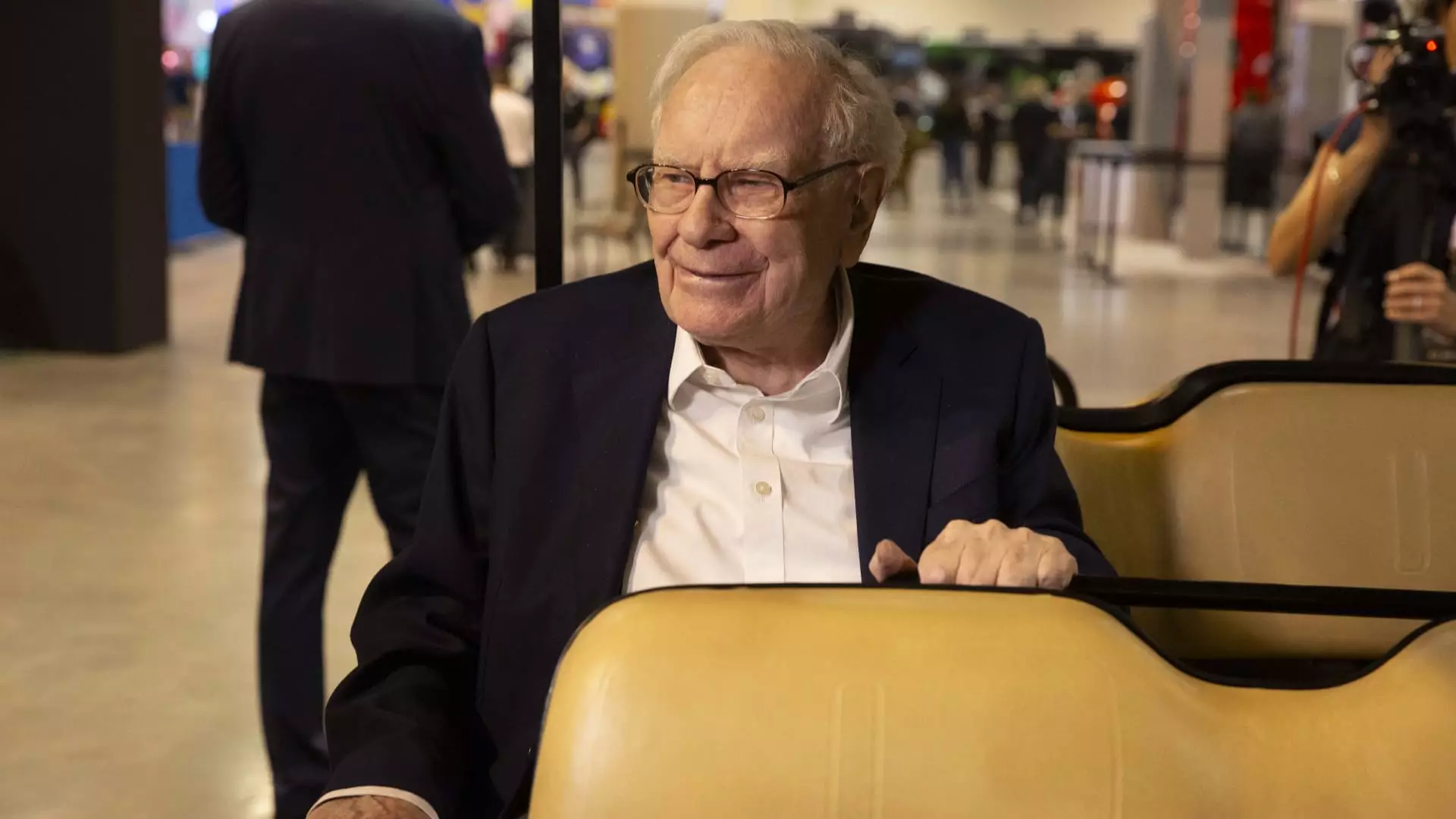Berkshire Hathaway recently made a strategic move by trimming its gigantic Bank of America holding for the first time in 4½ years. This decision came after Bank of America’s strong 2024 run, where Warren Buffett’s conglomerate sold 33.9 million shares of Bank of America for almost $1.5 billion in separate sales. This marked a significant shift in Berkshire Hathaway’s investment strategy.
The regulatory filing showed that the average selling price of the shares was $43.56, indicating that Berkshire Hathaway made substantial profits from this transaction. This reduction in stake is the first time since the fourth quarter of 2019 that the conglomerate has taken such a step. Despite this, Bank of America remains Berkshire’s second-largest equity position after Apple, with almost $43 billion in market value.
One possible reason for Berkshire’s decision to trim its Bank of America holding could be to take some profits, as Bank of America has rallied 27.4% so far this year. In the first quarter, Buffett trimmed Berkshire’s Apple holding by 13% for tax reasons following sizable gains. This move reflects Berkshire Hathaway’s strategic approach to managing its investment portfolio based on market trends and regulatory requirements.
Warren Buffett’s purchase of Bank of America in 2011 has become one of the most endearing Wall Street tales. His $5 billion investment in the bank’s preferred stock and warrants helped boost confidence in the lender during a challenging period after the financial crisis. Buffett’s decision to invest in Bank of America was based on his admiration for CEO Brian Moynihan’s leadership and the profit-generating abilities of the franchise.
Despite the initial challenges faced by Buffett in reaching Moynihan through Bank of America’s public phone line, the deal eventually came together within hours. This anecdote highlights the proactive and opportunistic nature of Berkshire Hathaway’s investment strategy. By strategically adjusting its portfolio holdings, Berkshire Hathaway demonstrates its ability to capitalize on market opportunities and adapt to changing circumstances.
Berkshire Hathaway’s decision to trim its Bank of America holding reflects its commitment to prudent investment management and strategic decision-making. This move underscores the dynamic nature of the investment landscape and the importance of adapting to evolving market conditions. Warren Buffett’s legacy as a savvy investor is further solidified by his ability to navigate complex financial markets and seize profitable opportunities.

